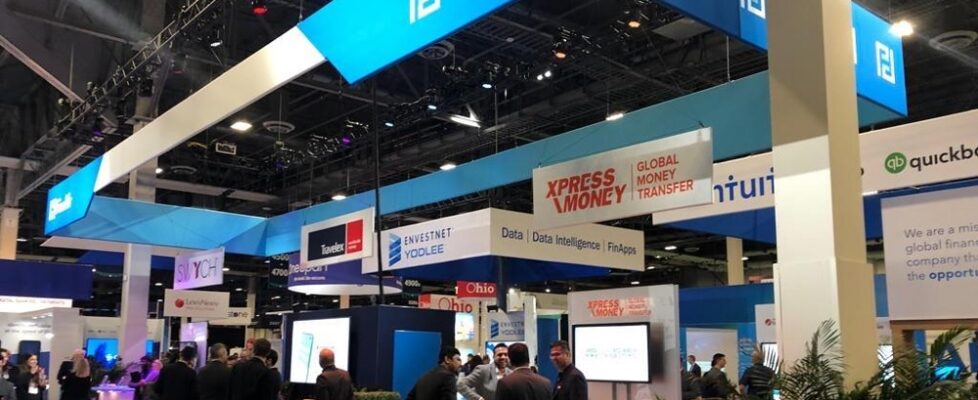Finablr fails to avoid Swych acquisition lawsuit
Finablr has failed to secure dismissal of a complaint over the failed acquisition of Swych.
On January 24, 2022, Judge Leonard P. Stark of the Delaware District Court signed an order nixing the defendants’ motion to dismiss the complaint against them. The order is oral, so there are no arguments for the Court’s decision at this point.
The nixing of the motion to dismiss means that the case will proceed. The Judge has ordered the parties to meet and confer and to submit a proposed scheduling order no later than February 4, 2022.
Let’s recall that Swych shareholders brought this lawsuit in February 2021.
Swych initially obtained strategic investments from Finablr Ventures and UAE Exchange, which it used to grow and expand Swych’s operations. Finablr and UAE Exchange sought to acquire a controlling interest in it, which they ultimately did through a September 2018 Agreement.
In 2019, the defendants agreed to acquire all of the minority interests in Swych. After agreeing to a Stock Purchase Agreement (SPA) in 2019, the defendants started to delay the completion of the acquisition. All the while, the defendants appropriated Swych’s employees and resources for their own benefit.
Despite its agreement to purchase the minority interests in Swych, and despite its conduct in transferring employees and assets to other Finablr Group activities, Finablr Ventures began to systematically delay the completion of that purchase and obfuscate its reasons for delay.
The parties initially intended to complete the acquisition by October 15, 2019. But as that date neared, Finablr Ventures informed the plaintiffs that its auditors had determined that Desai was a “related-party” under United Kingdom securities laws, which required Finablr Ventures and the Finablr Group to take certain unspecified remedial steps. However, they assured the plaintiffs of the completion of the acquisition by November 14, 2019. Soon after, however, Finablr Ventures claimed further delays in completing the undefined corrective measures regarding alleged related party issues.
While Finablr Ventures predicted that it only needed two to four more weeks, in December 2019, it again delayed, claiming that it could complete the acquisition after a Finablr Ventures and Finablr Group board meeting the following month.
However, that meeting provided no such resolution. Instead, Finablr Ventures then attempted to renegotiate the terms of its agreement with the plaintiffs. While Finablr Ventures had a continuing obligation to purchase the minority interests in Swych, it requested that the plaintiffs accept a line of credit in lieu of a cash payment. Finablr Ventures claimed that this would somehow alleviate the related-party concerns with respect to Desai and that Jain was now also a related-party who needed to accept a line of credit.
In reality, according to the complaint, this request appears to have been a calculated effort to maintain the appearance of Finablr Ventures’ intent to comply with its binding obligations while balancing the severe liquidity issues faced by the Finablr Group. At the time, the Finablr Group had over $1.3 billion in debt, much of which it had been hiding from disclosure, despite its reporting obligations as a publicly held corporation. The Finablr Group had been near insolvency for much of its existence as a public corporation, and the London Stock Exchange has since halted trading of its shares.
Finablr Ventures and UAE Exchange are accused of refusing to honor their contractual obligations to purchase the plaintiffs’ minority holdings in Swych.
Plaintiffs brought this suit for breaches of contract and promissory estoppel to recover damages fo the defendants’ failure to purchase the plaintiffs’ minority interests in Swych.
Finablr has claimed that the complaint should be dismissed due to lack of jurisdiction. The Court, apparently, disagreed.





